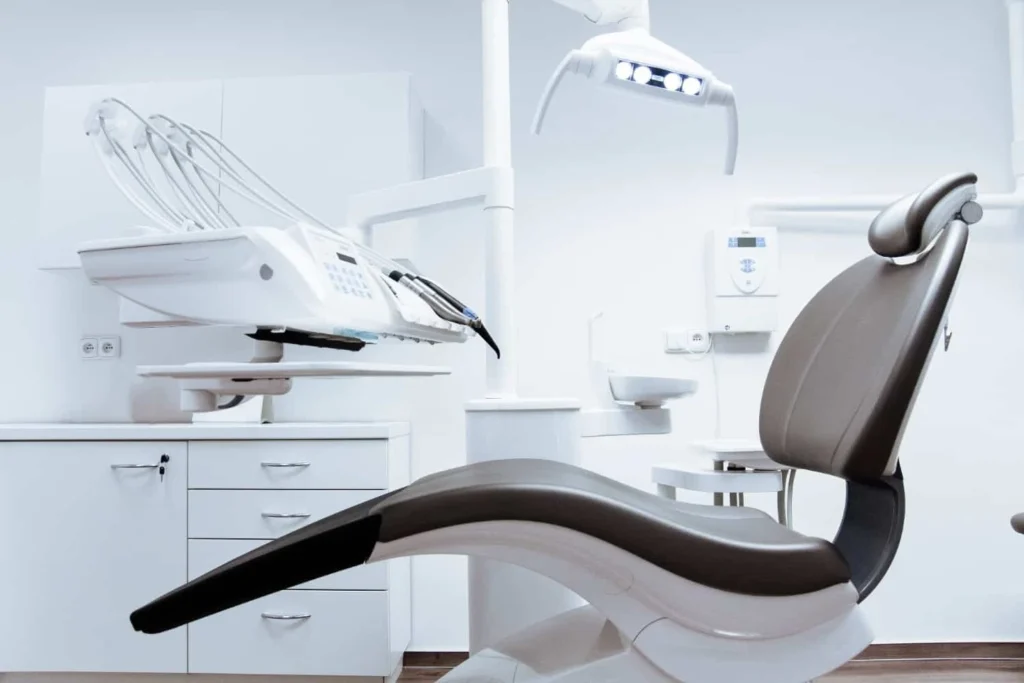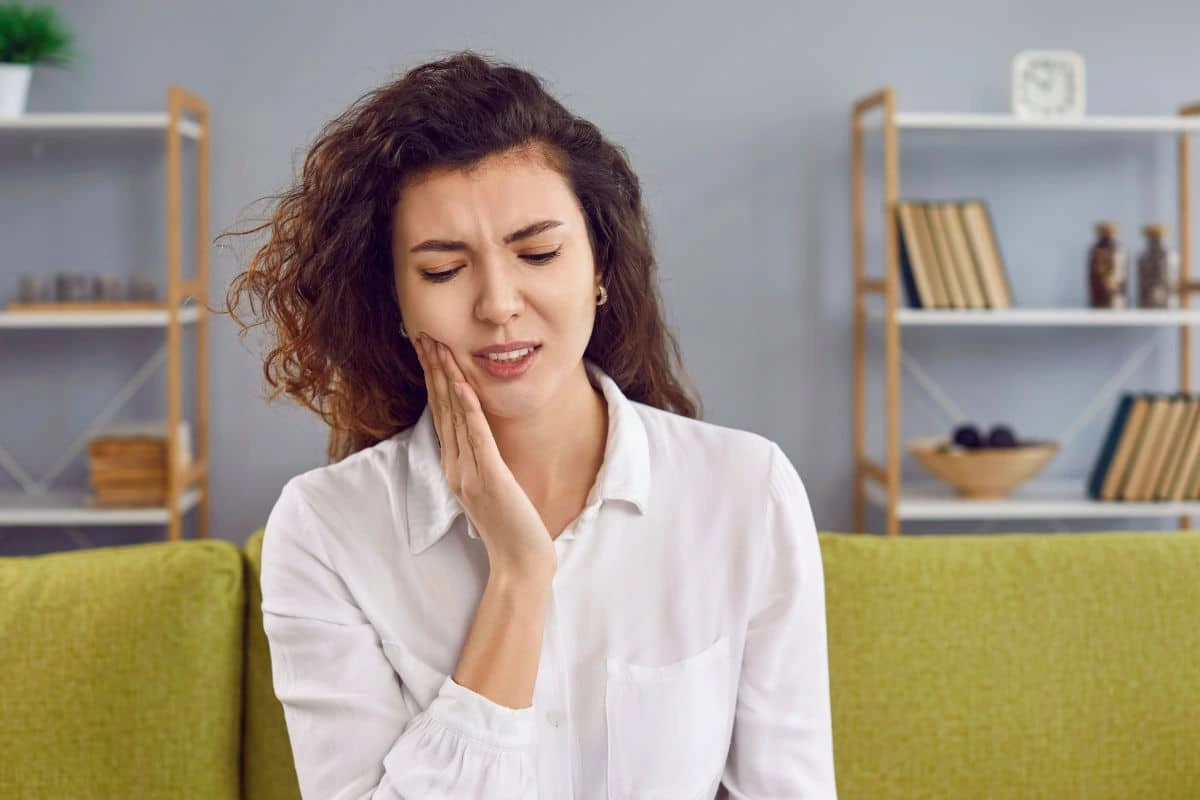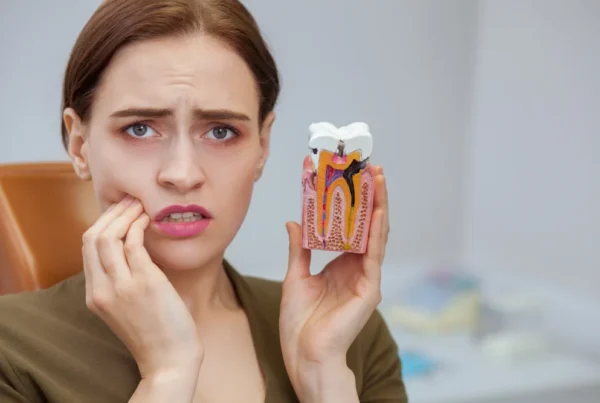Dental emergencies can be stressful, painful, and costly. The good news is that many of them are preventable with simple lifestyle changes. By taking daily actions that promote oral health, you reduce your risk of unexpected dental problems and build stronger habits for the future.
This article will walk you through three major areas of prevention: daily oral hygiene, smart food choices, and regular visits to your dentist. These actions not only help you avoid emergencies but also support a healthier, more confident smile every day.
Introduction
The best way to deal with a dental emergency is to prevent it from happening in the first place. That means being proactive in how you care for your teeth and gums, starting with your daily routine.
Good hygiene, thoughtful food choices, and professional support are the building blocks of preventive care. By focusing on these areas, you take control of your oral health and reduce the chances of painful or urgent dental problems. Prevention is not complicated, but it does require consistency and awareness.
A few intentional changes in your habits today can spare you the inconvenience and discomfort of future emergencies. It is a smart and simple investment in your long-term health.
Daily Oral Hygiene: Your First Line of Defense
Brushing, flossing, and rinsing are not just routine steps. They are your first and most reliable tools for avoiding dental emergencies.
- Brushing for two full minutes twice a day helps clear plaque and food particles from tooth surfaces. Skipping or rushing this step allows harmful buildup that can lead to decay.
- Flossing once a day removes debris and plaque between teeth and below the gumline. This is where cavities and gum disease often begin.
- Using an antimicrobial mouthwash reduces bacteria and supports a cleaner, healthier mouth overall.
When you combine all three habits into your daily routine, you strengthen your defenses against the most common causes of toothaches, infections, and dental injuries.
The Impact of Diet on Dental Health
What you eat affects your teeth as much as how you brush them. A diet rich in vitamins and minerals helps protect your enamel and keep your gums healthy.
Sugary snacks and acidic drinks fuel the bacteria that cause cavities. Reducing your intake of soda, candy, and citrus juices can make a big difference in how your teeth feel and function. On the other hand, foods like leafy greens, cheese, and apples help strengthen your enamel and promote saliva production.
Using your teeth properly also matters. Avoid opening packages or biting into hard objects like ice or nuts. These habits may seem harmless but can lead to cracks, chips, or worse. Being mindful of what goes in your mouth is one of the easiest ways to prevent emergencies.
Consistent Dental Visits: Essential for Preventive Care
Routine dental visits are more than a formality. They are your opportunity to stay ahead of problems and receive care that supports your daily efforts.
During regular checkups, your dentist looks for early signs of decay, gum disease, and wear. These small issues are easier and less expensive to treat when caught early. Waiting too long may lead to more serious complications.
Professional cleanings remove tartar and plaque that cannot be eliminated by brushing and flossing alone. These cleanings help reduce your risk of infection, inflammation, and tooth loss. Your hygienist also provides tips to improve your home routine.
These visits give you access to preventive tools and insights tailored to your needs. From fluoride treatments to sealants, your dental team will recommend steps that align with your goals and your lifestyle.
Understanding and Modifying Risky Behaviors
Certain everyday habits may put your teeth at risk, even if your brushing and diet are on point. Becoming aware of these behaviors is the first step toward better prevention.
- Nail biting puts stress on the front teeth and introduces bacteria into your mouth. If you notice yourself doing this often, try using bitter nail polish or keeping your hands busy.
- Grinding your teeth while sleeping can wear down enamel and lead to jaw pain. If you wake up with soreness or headaches, talk to your dentist about a night guard.
- Using your teeth as tools to open packages or hold objects can cause cracks or fractures. It may seem convenient, but it is one of the fastest ways to cause a dental emergency.
Making these small changes protects your smile and keeps you out of the dental chair for the wrong reasons.

Addressing Specific Needs: Children, Athletes, and Seniors
Different stages of life come with different dental challenges. Customizing care for each group reduces the likelihood of dental trauma or complications.
Children and athletes benefit from mouthguards during sports or play. A custom-fit guard cushions the teeth and reduces the risk of damage from impact. This is especially important for children who are still developing their permanent teeth.
Seniors may face issues like dry mouth from medication, worn restorations, or gum recession. Regular checkups and personalized care plans help address these changes and maintain oral function.
Patients with braces, implants, or other dental appliances also need tailored guidance. Following specific cleaning routines and avoiding certain foods prevents damage to the hardware and reduces the risk of emergency visits.
Preventive Habits: The Secret to Ongoing Oral Health
Long-term oral health is built on habits. These small choices each day create a protective routine that supports your smile at every stage of life.
Consistency is key. Brushing, flossing, and rinsing at the same time each day makes it easier to remember and turn into second nature. When you feel good about your routine, you are more likely to stick with it for the long haul.
Involving your family or community adds another layer of accountability. When dental care becomes a shared value, it is easier to maintain these healthy habits together. Encouragement and reminders from loved ones go a long way toward keeping your oral health a priority.
Conclusion
At Bethaney B. Brenner DMD LLC, we believe that preventing dental emergencies is possible for everyone. By combining strong daily habits, personalized care, and smart decisions, you can enjoy a healthier smile with fewer surprises.
Dr. Brenner and our team are here to help you take the guesswork out of prevention. Whether you need guidance on brushing technique, advice on mouthguards, or just a professional opinion, we are ready to support you.
Let us help you take control of your dental health before a small issue becomes a big one. Contact Bethaney B. Brenner DMD LLC today and schedule your next visit. Together, we can build a lifetime of confident, comfortable smiles.
Book Your Consultation Today!
Dr. Bethaney B. Brenner DMD
8 Milford St, Burlington, CT 06013
Frequently Asked Questions
What is the most important step in preventing dental emergencies?
Improving your daily oral hygiene is your first line of defense. Brushing, flossing, and rinsing every day helps you avoid the buildup and infections that lead to most urgent dental issues.
Can diet really affect my risk of dental emergencies?
Yes. Limiting sugar and acidic foods protects your enamel and helps prevent decay. Choosing tooth-friendly snacks and using your teeth properly are key parts of keeping your smile safe.
Why are regular dental visits so essential?
Routine checkups allow your dentist to catch problems early, provide cleanings that remove hard-to-reach buildup, and offer tailored advice for your oral health. These visits are essential for long-term prevention.
Related Articles





